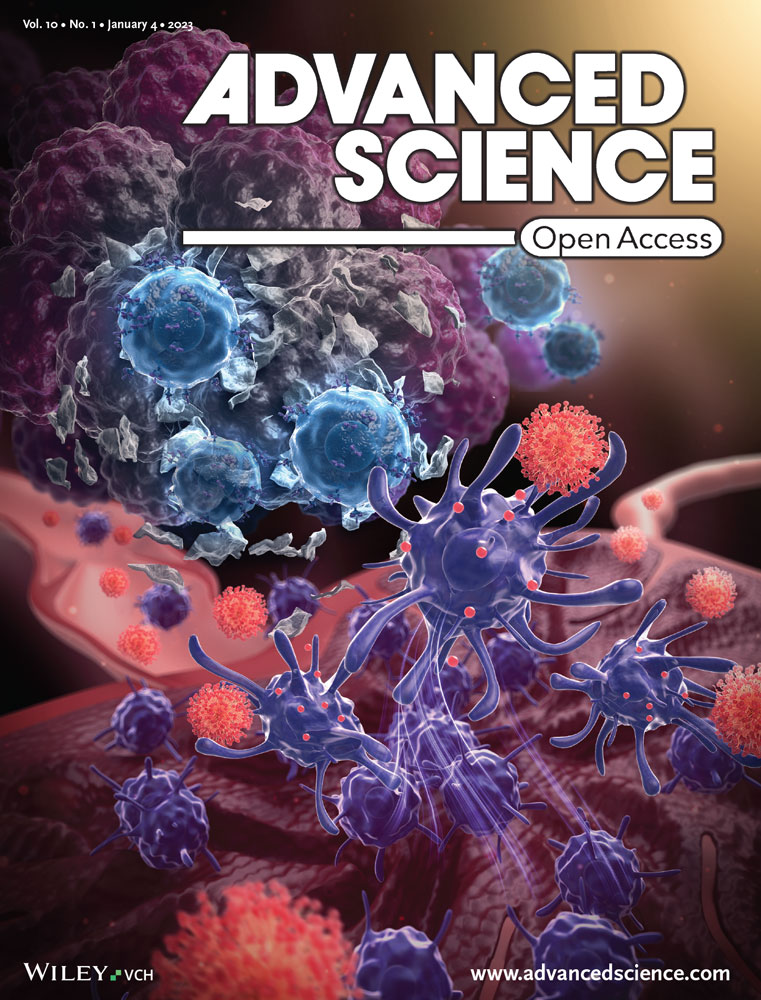ZFP36 Regulates Vascular Smooth Muscle Contraction and Maintains Blood Pressure
Abstract
Hypertension remains a major risk factor for cardiovascular diseases, but the underlying mechanisms are not well understood. Zinc finger protein 36 (ZFP36) is an RNA-binding protein that regulates mRNA stability by binding to adenylate-uridylate-rich elements in the mRNA 3'-untranslated region. This study reveals that ZFP36 expression is highly elevated in the arteries of hypertensive patients and rodents. In cultured vascular smooth muscle cell (VSMC), angiotensin II (AngII) activates poly (ADP-ribose) polymerases1 (PARP1) to stimulate Zfp36 expression at the transcriptional level. VSMC-specific ZFP36 deletion reduces vessel contractility and blood pressure levels in mice. Mechanistically, ZFP36 regulates G protein-coupled receptors (GPCRs)-mediated increases in intracellular calcium levels through impairing the mRNA stability of regulator of G protein signaling 2 (RGS2). Moreover, the VSMC-specific ZFP36 deficiency attenuates AngII-induced hypertension and vascular remodeling in mice. AAV-mediated ZFP36 knockdown ameliorates spontaneous hypertension in rats. These findings elucidate that ZFP36 plays an important role in the regulation of smooth muscle contraction and blood pressure through modulating RGS2 expression. ZFP36 inhibition may represent a new therapeutic strategy for the treatment of hypertension.





